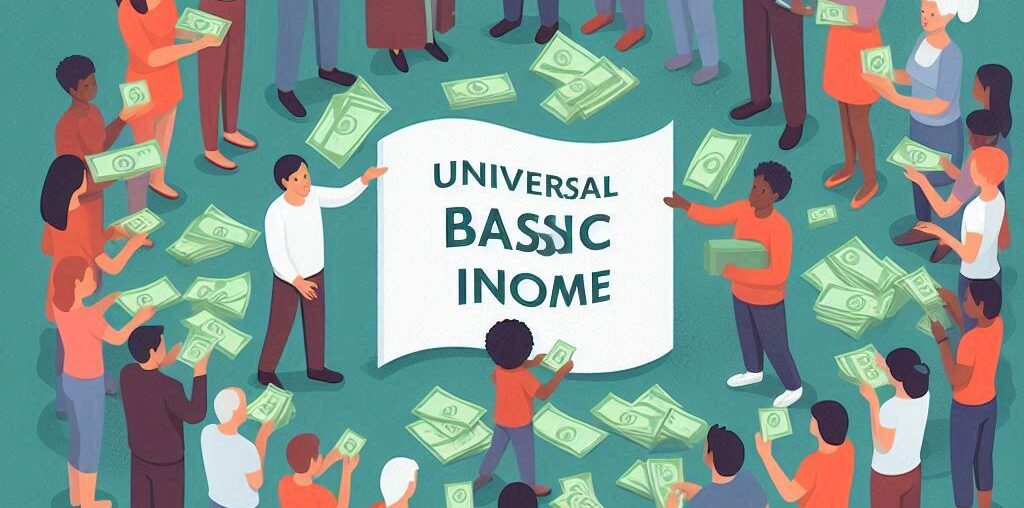Have you ever wondered what life would be like if everyone had a guaranteed income, regardless of their job or financial situation? That’s the idea behind universal basic income, or UBI. It’s a concept that’s been gaining traction around the globe, with various countries experimenting with different approaches.
Let’s take a look at how UBI is being implemented in different parts of the world. In Finland, for example, the government launched a two-year UBI trial in 2017, giving 2,000 randomly selected unemployed people a monthly payment of 560 euros. The idea was to see if this basic income would help reduce poverty and unemployment, and improve overall well-being. While the results were mixed, with some participants reporting improved mental health and well-being, others didn’t see much difference.

In Canada, there’s the Ontario Basic Income Pilot, which was launched in 2017 but was unfortunately canceled in 2018 by a new government. The pilot aimed to provide a basic income to 4,000 low-income individuals in three cities. Supporters argued that it could help reduce poverty and inequality, while opponents raised concerns about its cost and potential impact on work incentives.
In Alaska, there’s a unique form of basic income called the Alaska Permanent Fund Dividend. It’s funded by the state’s oil revenues and pays out an annual dividend to all residents, including children. While it’s not a traditional UBI, as it’s not enough to live on, it does provide a small but steady stream of income to every Alaskan, no matter their financial situation.
And then there’s India, where the idea of a universal basic income has been discussed as a way to reduce poverty and inequality in a country with a large population and significant income disparities. Some pilot programs have been conducted, but widespread implementation remains a topic of debate.
Overall, the concept of universal basic income is a fascinating one, with supporters arguing that it could help reduce poverty, inequality, and social unrest, while opponents raise concerns about its cost and potential impact on work incentives. As more countries experiment with UBI, it’ll be interesting to see what impact it has and whether it becomes a more widely adopted policy around the globe.


Add your first comment to this post